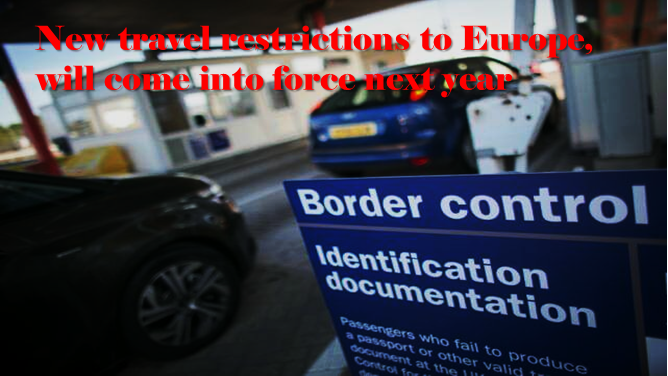Brussels: The EU Commission has confirmed that the new entry and exit system for non-EU tourists arriving in European countries for tourism and short-stay visas will come into effect in May 2023. Then the ETIAS system will also come into force by November.
Although passengers entering the EU and Schengen zones will face stricter checks as a result of the new law, it will also provide more opportunities and assistance in a smooth and transparent manner.
The Commission clarified that the new system is only intended for tourists and short-term visitors to the EU/Schengen area.
The EESC is implementing an automated passport scanning system at the EU’s borders. Along with increased security, the 90-day rule must be strictly adhered to. The commission also stated that information about the new law will be available on websites.
EU residence permit holders are required to submit travel documents and other documents to the border authority at each border crossing. The automated system can keep track of how long people have been in the Schengen area and whether they have stayed longer than the 90-day legal limit.
Foreign nationals currently residing in EU/Schengen countries will not be able to use the new automated passport gates, as the only option is to show a passport at the automated passport gates. Passport gates do not accept residency permits or visas. As a result, the European Commission has stated that foreigners legally residing in Europe will be exempt from the EU’s passport requirements. This law does not apply to non-EU citizens living in EU countries or second-home owners with visas. There was considerable concern that these people would be incorporated into the new system.
Irish Samachar English News
Kindly click the link below to join WhatsApp group chat to get important news and breaking news from Irish Samachar.


Comments are closed.